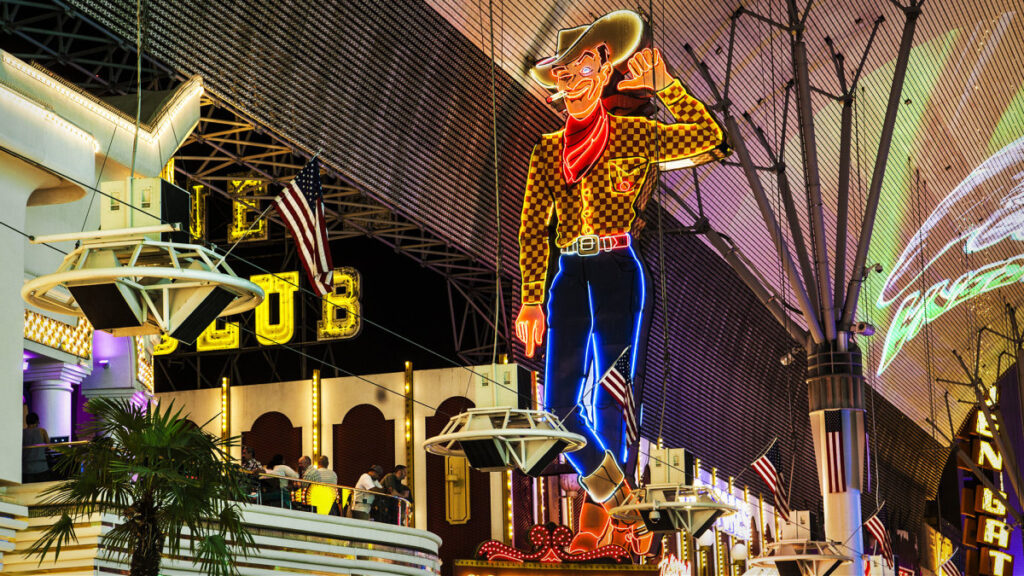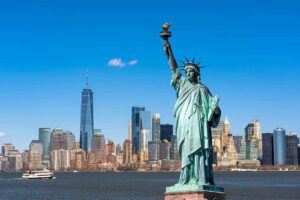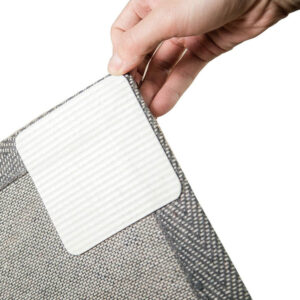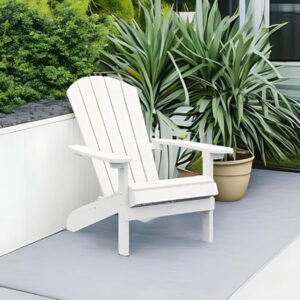If you’ve ever called an Uber or Lyft after a game or concert or in a rainstorm, you’re probably familiar with the concept of surge pricing.
It can be an outrage to have to pay $35 for a ride that would normally cost $10, but that’s how supply and demand work.
💵💰Don’t miss the move: Subscribe to TheStreet’s free daily newsletter 💰💵
The same goes for a flight during Thanksgiving week, when airlines use dynamic pricing models to milk travelers during a time when travel is in high demand.
When we’re desperate, we’ll pay more for something than we normally would.
But what about if that item is, say, a bottle of water, a tube of sunscreen, or a candy bar? Would you pay more for a basic item like that during a certain time of day or day of the week just because it’s conveniently for sale in the hotel gift shop?
Las Vegas is betting you will.
Image source: Shutterstock
Las Vegas Strip hotels charge a premium
Hotels on the Strip have always charged a premium for rooms and booze and show tickets, and pretty much everything else, but apparently now some of the most everyday items are suddenly subject to pricing algorithms.
That’s right: Hotel gift shops are changing prices on goods sold inside resort properties, according reporting at the Las Vegas Review-Journal.
The Las Vegas Review-Journal report sent summer interns out to shop at a half-dozen sundry stores inside Strip casinos, tracking the prices of bottled water, flavored drinks, and sunscreen on Tuesday, Friday, and Saturday. The interns made their puchases at check-in and check-out hours.
What they found was surprising: Sunscreen that cost $36 on Tuesday afternoon was $42 on Friday afternoon. An energy drink that was $7.49 in the morning was $8.09 in the evening. The difference isn’t outrageous, but for people who are already spending plenty, it could be the principle that’s irritating.
Not all stores were using surge pricing, either, but those that did, did not appear to adhere to any predictable timetable or structure for changing prices.
It may be a way for the resorts to capture additional revenue during high-traffic periods without raising prices across the board, but it also feels a little predatory.
More on travel:
- U.S. government issues serious warning for cruise passengers
- Delta Air Lines makes a baggage change that travelers will like
- United Airlines passenger incident triggers quick response
To add insult to injury, since many items in gift shops don’t have price tags, customers might not even know what the price is until a cashier rings it up.
That happened to me recently, when I checked into my room at a Caesars property and realized I’d forgotten toothpaste.
I ran down to the gift shop to grab a travel size tube and nearly choked when the cashier said, “That will be $10.78.” It was a Friday evening and the hotel was mobbed, but still. That same product would have cost me $1.49 at Target.
Related: Elon Musk Solving Massive Las Vegas Strip Problem
“In theory, surge pricing should result in lower prices during low demand (high supply) periods. Think “sales” from physical retailers or online. But on the Strip, it often feels like the base price is already high so that the thought of surge pricing is shocking for consumers,” Mark J. Tremblay, an assistant professor of economics at the Lee Business School at the University of Nevada, Las Vegas, told TheStreet.
You’d think resorts would be doing more to make customers feel good about the money they’re spending instead of feeling nickel-and-dimed.
Las Vegas travel numbers are down
Surge pricing on sunscreen and water is not likely to help tourism in Las Vegas.
According to the Las Vegas Convention and Visitors Authority, 2025 visitor numbers are falling short of normal, with bookings described by gaming recruiter Mark Wayman as “the worst I’ve ever seen.”
At Harry Reid International Airport, domestic air traffic dropped 4% in the first half of 2025 compared to 2024, according to the Las Vegas Review-Journal.
Las Vegas Strip hotel visitors face $20 beers, $100 buffets, high resort fees, and price-gouging in-room charges. Then there are the restaurant and ticket prices.
If surge pricing raises costs significantly during high demand times, it’d be nice to see them drop during other periods, but who knows if that will happen?
“If this approach leads to lower prices some of the time, this could help out a lot of consumers that visit the Strip during off times,” Tremblay added. “Ultimately, we need to see more in terms of how this is implemented.”
(The Arena Group will earn a commission if you book a trip.)
Make a free appointment with TheStreet’s Travel Agent Partner, Postcard Travel, or email Amy Post at amypost@postcardtravelplanning.com or call or text her at 386-383-2472.
Related: Las Vegas Strip casino signs giant singer to more residency shows




